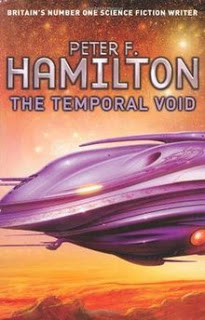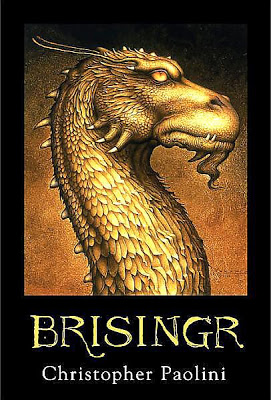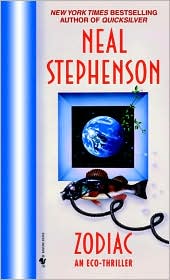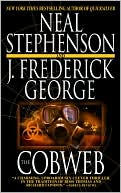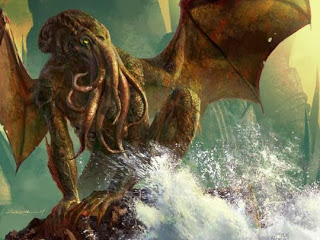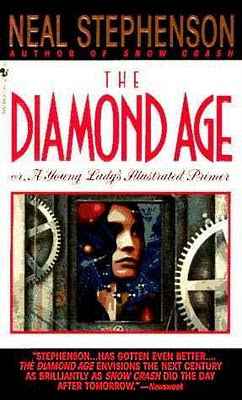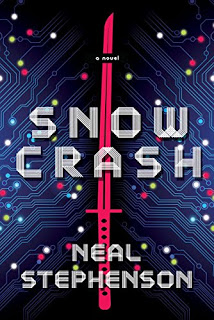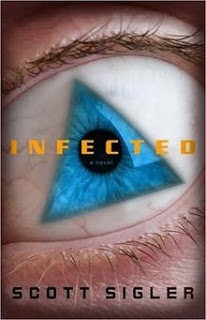Gödel, Escher, Bach - one of the best books I've ever read
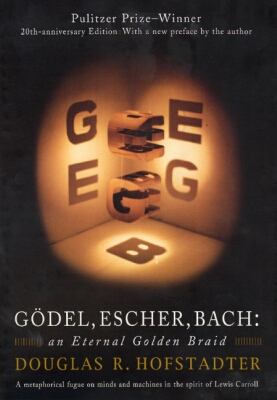
Gödel, Escher, Bach by Douglas Hofstadter has won a Pulitzer Prize and I believe it is the only thing that ever made me want to read other Pulitzer Prize books. I have to thank Meaflux for pointing me to this book and if he ever writes anything in his blog, you can find it here. Anyway, here is my humble review:
I have just finished reading the book and, in its self-referential spirit, I am also starting reading it. A strange loop of sorts, when starting to read a book follows finishing it. It is not an easy read, but it is certainly worth it. I was instantly both in awe and full of envy on this Hofstadter guy that I have never even heard about before.
What is the book about? I believe the most basic answer is it is about the roots of consciousness, and before you run away thinking this is some sort of new age pseudo (or fully) religious crap, let me assure you it is not. The title itself shows the perspective one gains by reading it: look at the same thing from the viewpoints of a mathematician (meta-mathematician, at that), an abstract painter and a great music composer. It's a definition of abstract thought by intersecting the works of three great abstract thinkers. But it is more than that.
The most intriguing part of the book it is how self referential it is. There are portions in the book that are modeled after Bach fugues while paraphrasing Escher drawings in order to illustrate a mathematical idea of Gödel. It talks about artificial intelligence, consciousness, the workings of the brain, formal systems, computer programming, music, art, science, mathematics, quantum mechanics, biology, genetics and does so in a way that links all these things together in a reasonably easy to understand way. It does not feel like a book made out of separate chapters, but one master-single-piece linked to itself in the most imaginative and twisted ways.
I urge you to buy the book, if you find it. I have read a text OCR version of it and I know I missed a lot. If you can't afford it, there it a torrent on the net with the PDF scanned version as well as the music, paintings and other media the book talks about.
The bottom line is that it is an amazing book. For someone like me, a software programmer dreaming of AI, it was a shame I didn't read it before. I almost believe that you will see me in buses like those old ladies reading the Bible, only with GEB in hand. I can't imagine anyone over 15 years of age that shouldn't read this book. I doubt anyone under 15 can truly comprehend it and, as Frank Herbert's Dune, it must be read every 10 years or less, just to see how much more you can understand from it.
Update: I found on the Internet a full length movie based on Hofstadter's ideas. Interesting, in a geeky/goofy kind of way. Here it is: Victim of the Brain.



